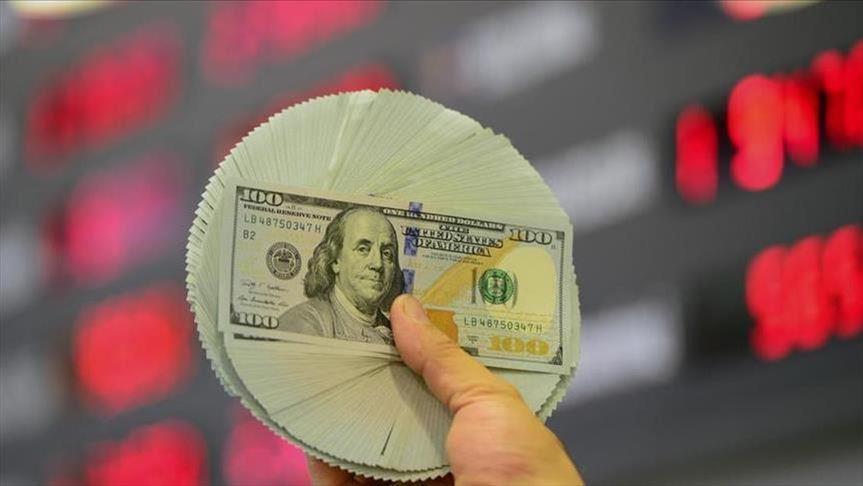Oil prices lost more than 2% during the week ending Nov. 12, as the market weighs the possible release of emergency stocks by the US administration to address rising gas prices and inflation.
International benchmark Brent crude traded at $81.67 per barrel at 1150 GMT on Friday, posting a 2.29% loss from the Monday session that opened at $83.59 a barrel.
American benchmark West Texas Intermediate (WTI) registered at $80.17 per barrel at the same time on Friday, decreasing 2.49% relative to $82.22 a barrel on Monday opening.
The oil market started the week on a bullish sentiment after reports that Aramco announced its intention to boost the official selling price of its Arab Light crude for Asian consumers from $1.40 to $2.70 per barrel.
Signaling strengthening demand on global markets that are still subject to supply pressure, the move came after the Organization of Petroleum Exporting Countries (OPEC) and its allies, known as OPEC+, decided to adhere to its production pact of 400,000 barrels per day in December, rebuffing US President Joe Biden’s demands for more oil output.
The market also focused whether the US will tap its Strategic Petroleum Reserves (SPR) to relieve rising fuel prices as OPEC+ producers apparently turned a blind eye to US President Biden’s insistence on pumping more oil.
Energy Secretary Jennifer Granholm said on Monday that Biden might respond to rising fuel prices “as soon as this week” and the use of SPR was on the table as an option.
Also exerting price pressure, the Energy Information Administration (EIA) announced late on Wednesday that the country’s commercial crude oil inventories increased by 1 million barrels during the week ending Nov. 5.
In the last day of the week, oil prices declined with investors discouraged by high dollar-indexed oil following news that US inflation hit a new high on Wednesday.
By Sibel Morrow
Anadolu Agency
energy@aa.com.tr


